
Beijing's Winter Olympic Village covers an area of 330,000 square meters and comprises 20 residential buildings. (Photo provided to China Daily)
With the countdown to the Beijing 2022 Winter Olympics entering the final 50 days, finishing touches are being made to the Games villages and COVID-19 safety measures have been finalized.
The three villages, two in Beijing's Chaoyang and Yanqing districts and one in Zhangjiakou, Hebei province, are almost all ready to welcome the Olympians, with international athletes and officials due to arrive as early as next month.
The two villages in Beijing passed full operating tests in a two-day trial earlier this month. Each village provided accommodation for hundreds of trial participants, check-in and check-out procedures were tested while COVID-19 testing, health monitoring, medical services and commercial functions were evaluated and adjusted, according to the Beijing 2022 organizing committee.
The mountain village in Zhangjiakou's Chongli district, where the majority of the Olympic snow sports events will be held, is expected to finish testing all facilities soon.
'Better experience'
"The tests received a lot of positive feedback, especially for the impressive residential services, the food quality in the dining hall and accessibility for wheelchair users," Song Xueying, a deputy director of the organizing committee's village planning and operation department, said at a news briefing on Thursday.
"This has motivated the team to further improve on details to provide a better experience for all the Games participants."
The Beijing 2022 Winter Olympics will take place from Feb. 4 and 20, followed by the Winter Paralympics from March 4 to 13.
Designed and constructed to the highest standards for green and sustainable housing, the three villages will be able to accommodate 5,500 athletes and team officials. More trial operations will start on Jan 23 for the official opening of the villages four days later.
Within 44 hours of the Winter Olympics finishing, the villages will be transformed to provide barrier-free facilities, such as wheelchair ramps and accessible toilets, for athletes and officials taking part in the Paralympics.
A highlight of the villages are the dining halls, which will offer 678 dishes to athletes from diverse cultural backgrounds. The menu was designed to meet different dietary needs while taking different religions into consideration.
The teams operating the villages will next focus on optimizing isolation and treatment procedures for potential positive COVID-19 cases. Garbage collection and processing to prevent risks of cross-infection between village residents and outside communities is also being looked at, according to the organizing committee's venue planning and construction department.
"A special team of trained workers will be deployed at each village to collect and transfer garbage to a bio-secured zone in the village, where the waste will be thoroughly disinfected and sorted before further processing to prevent the risk of a virus leaking out," said Liu Yumin, director of the department.
According to an updated version of the Playbook-a comprehensive guideline on COVID-19 pandemic control and prevention for the Games-athletes, team officials, operational staff and accredited media will have to stay within a strict bubble. They can only move between their designated villages and hotels and training, competition and working venues on official shuttle services and will not be allowed contact with anyone outside the bubble.
"This will provide a unique Games experience, designed to help athletes fully focus on the fundamentals of the Olympic and Paralympic Winter Games-sports competition," said Christophe Dubi, the International Olympic Committee's Olympic Games executive director, at the release of the updated version of the Playbook on Monday.
"This guides all our planning and will ensure that the attention remains on the outstanding performances we can expect from the world's best winter athletes in Beijing next year."








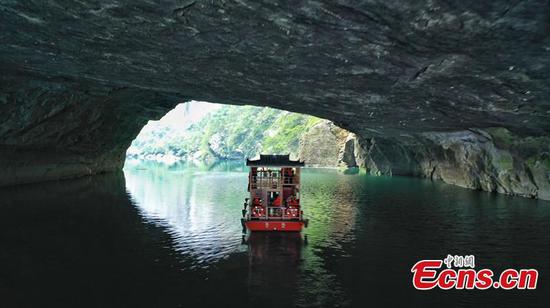

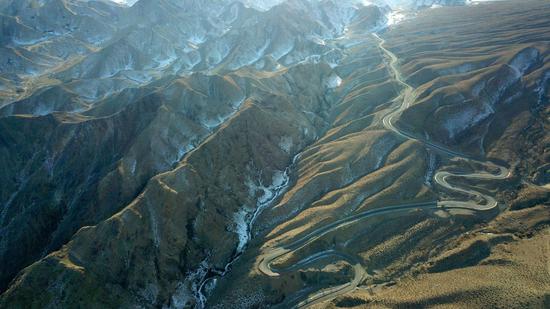

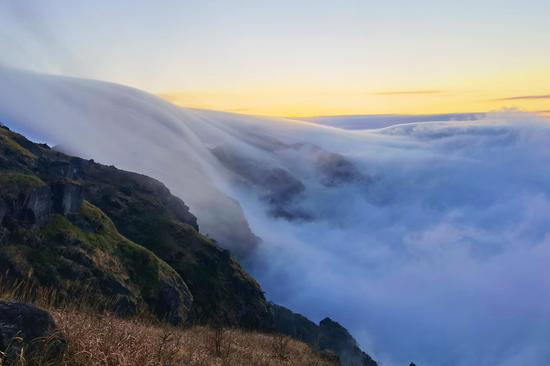

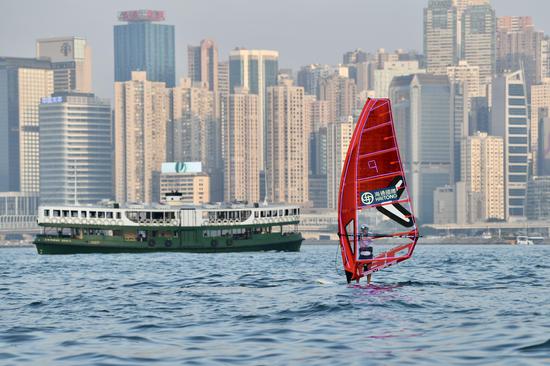
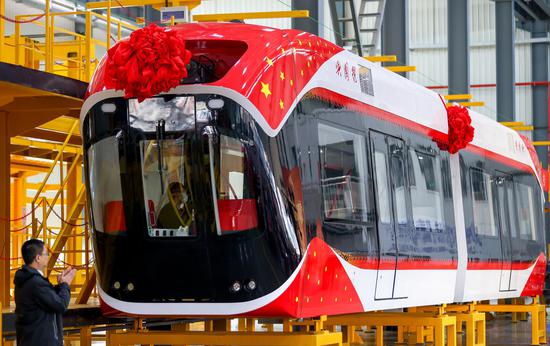
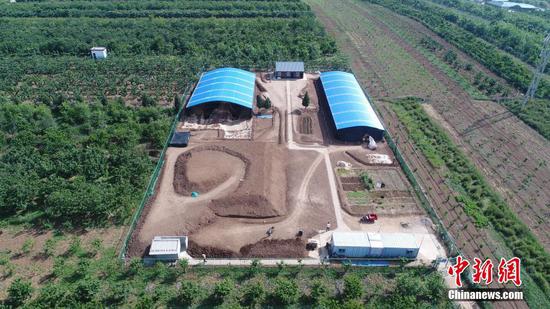

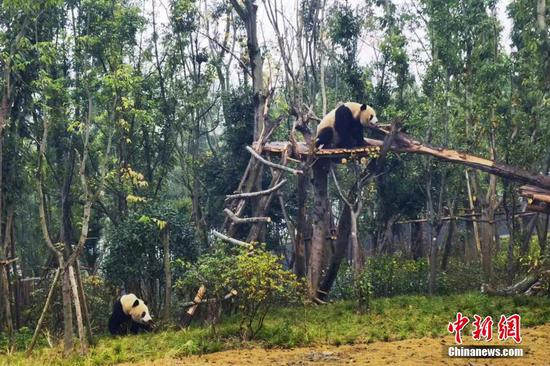
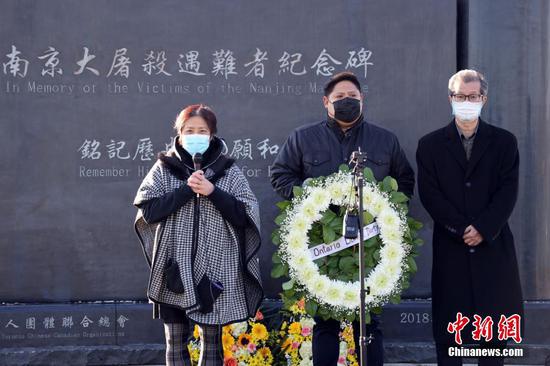

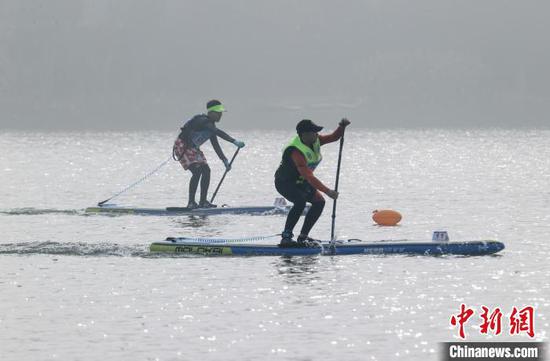
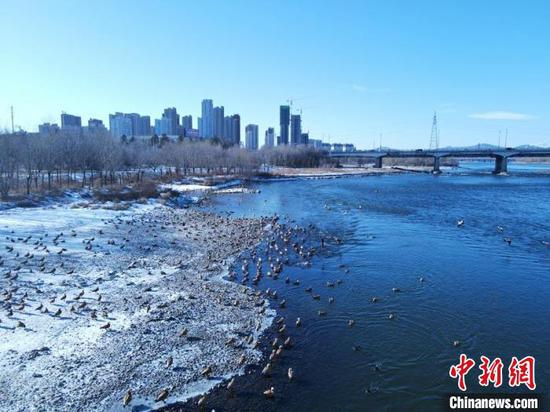

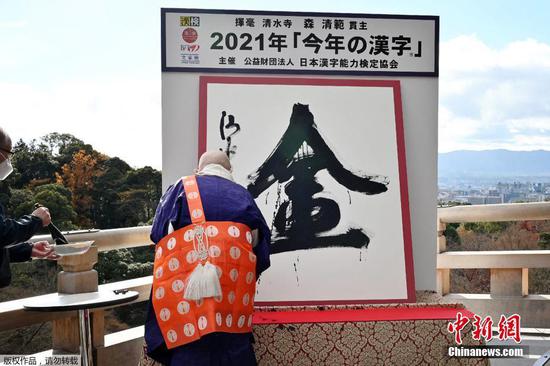
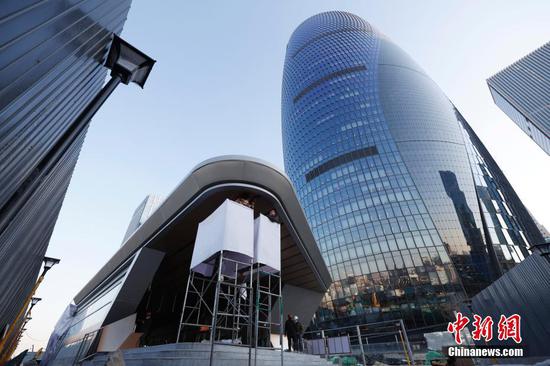
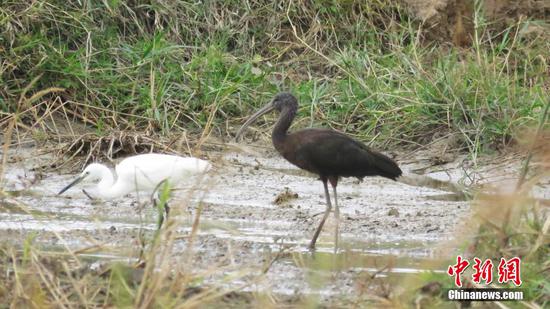
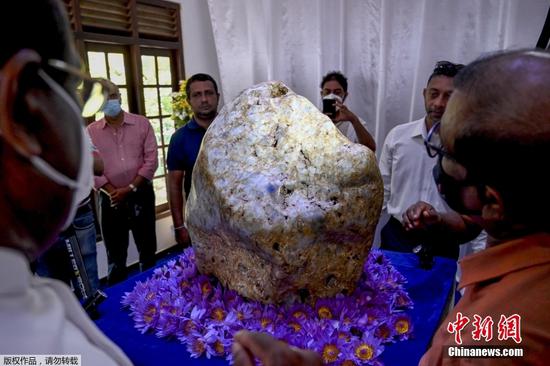
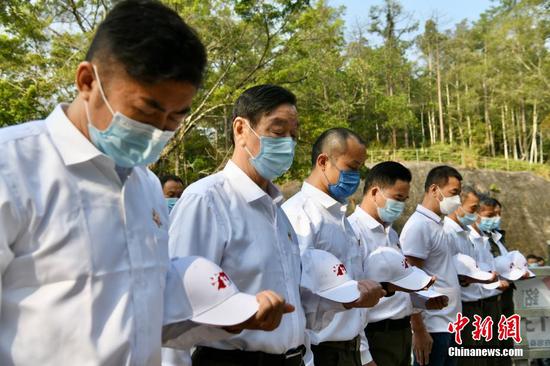

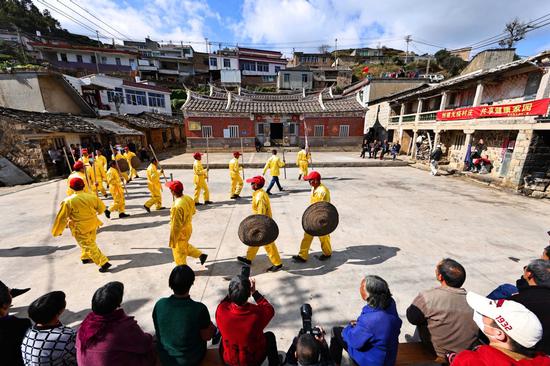
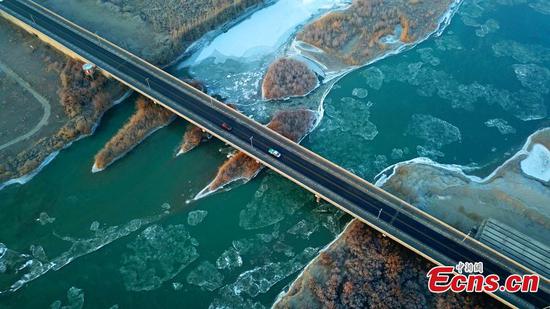
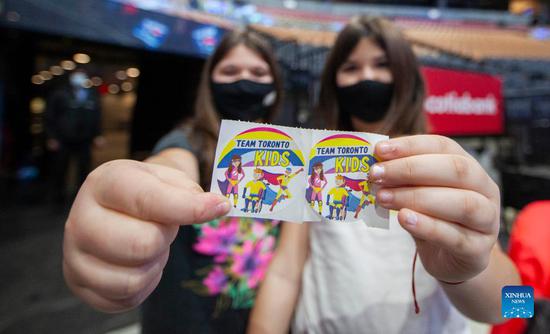
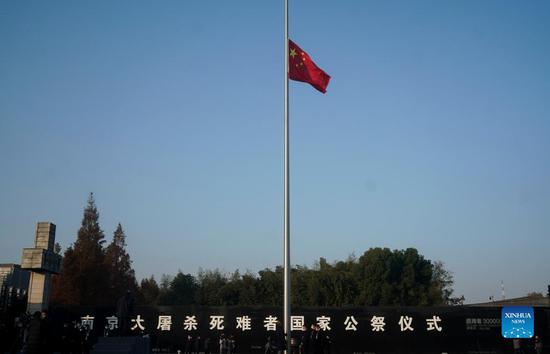
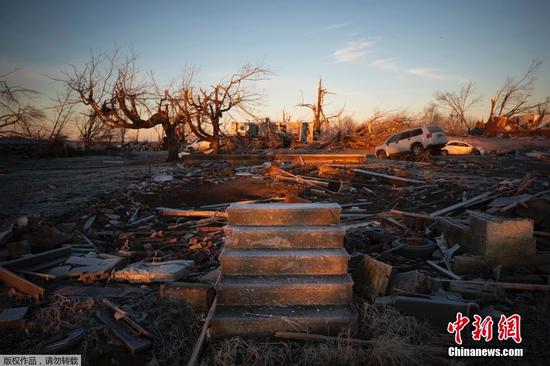
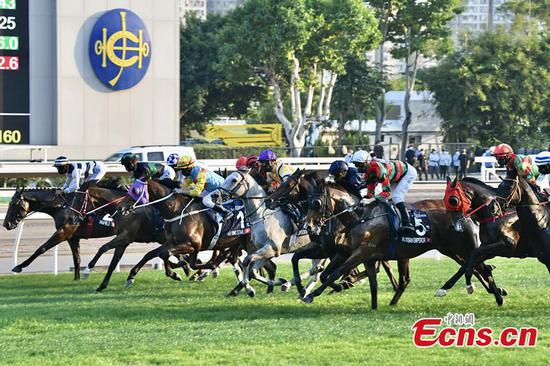
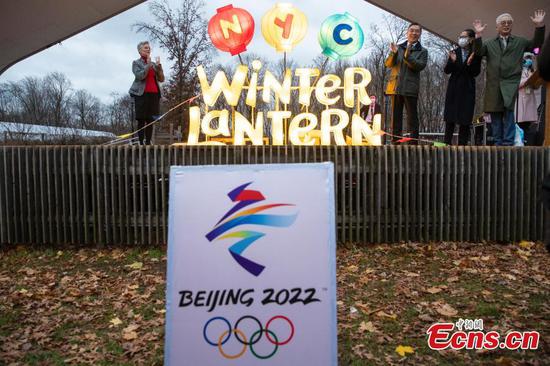
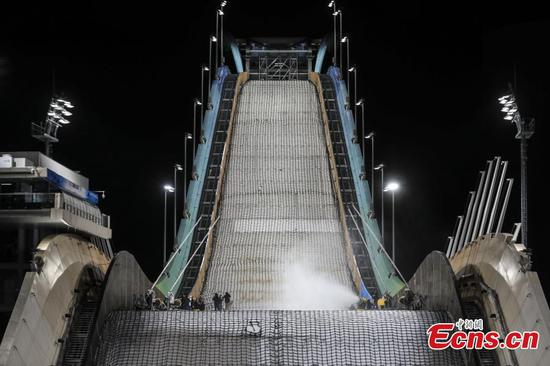
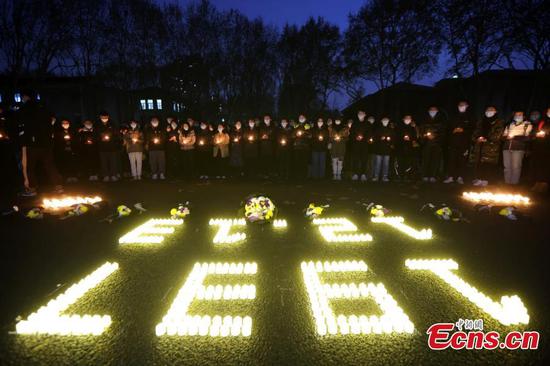
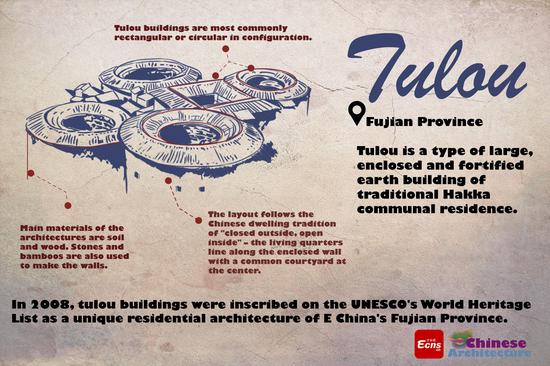
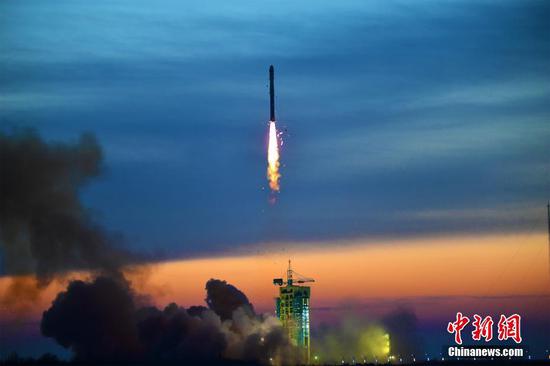
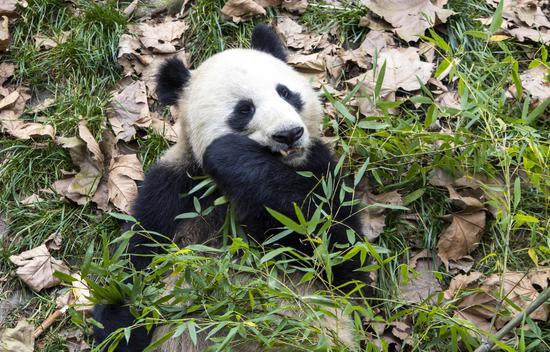
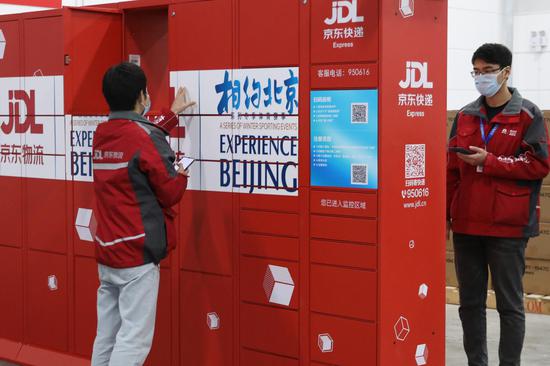
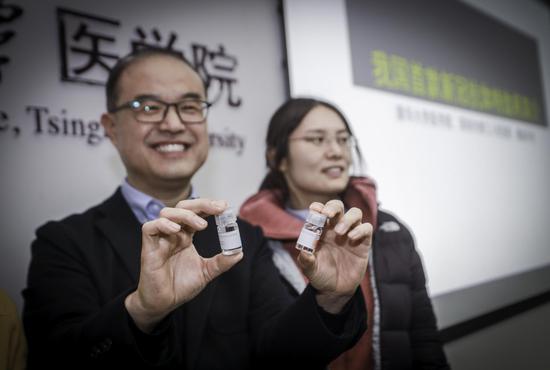
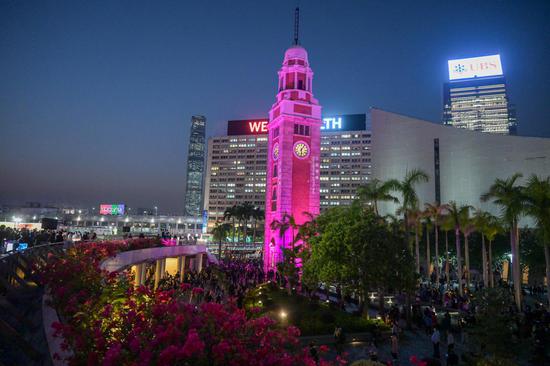





 京公网安备 11010202009201号
京公网安备 11010202009201号